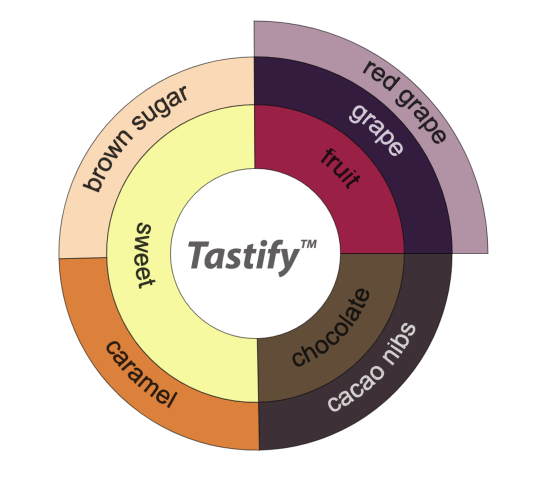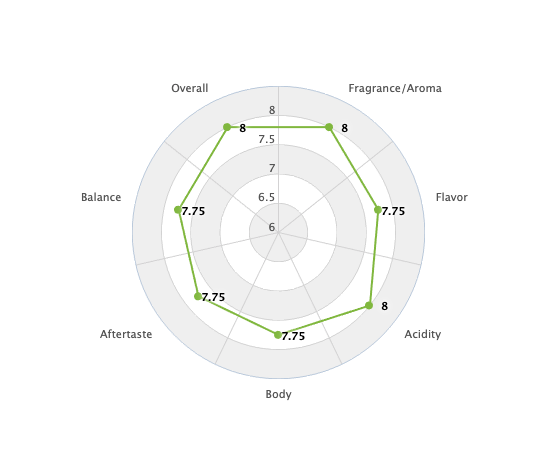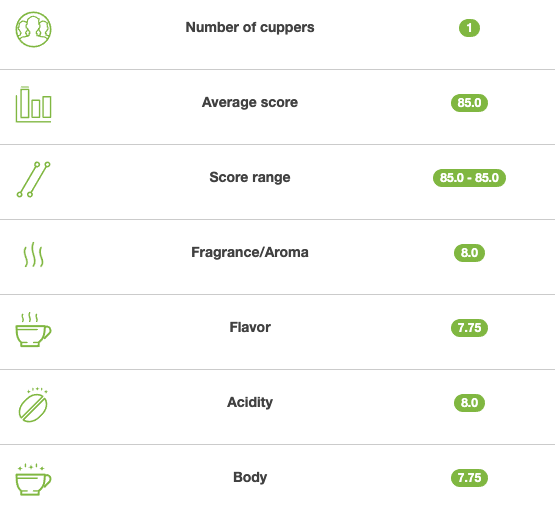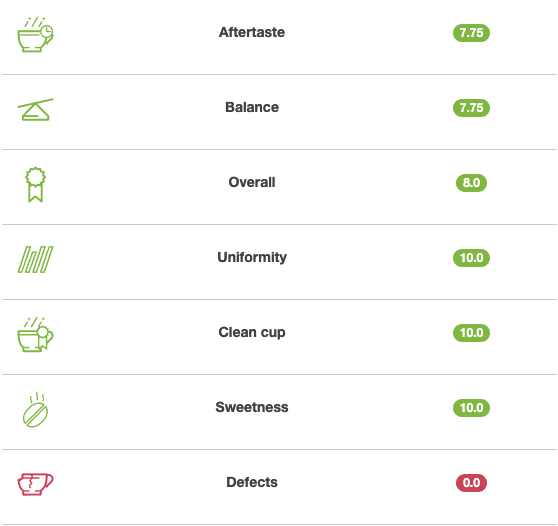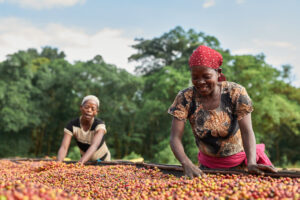
Digitalization: Using data to pay farmers and protect forests!
Abel Ketema, Digitalization and Data Manager at FairChain, provides an update on the latest coffee harvest, the progress of digitalization, and the future of coffee farming in Ethiopia.
At Moyee, sustainability isn’t just a buzzword—it’s the backbone of everything we do. From roasting at origin to paying farmers a Living income, we’re constantly looking for ways to make coffee better for people and the planet. That’s why we’re part of the Sustainable Development Goals Partnership (SDGP) project ‘Developing a Low-Carbon Coffee Value-Chain in Kenya’—a bold initiative led by Agriterra and other key partners to slash CO₂ emissions while improving farmer incomes.
This initiative, launched in Kenya in 2020, is transforming the way coffee farmers fertilize their crops. It reduces reliance on expensive chemical fertilizers, improves soil health, and even lowers CO₂ emissions. To learn more, we sat down with Sander Govers, who has been deeply involved in the project.
SANDER: “This project started in 2020 as a collaboration between five partners, including Stichting FairChain, Architerra, and CALRO, the Kenyan Coffee and Tea Authority. Our goal? To reduce the carbon footprint of the coffee supply chain while improving farmers’ incomes. We analyze every step of the process to see where we can increase sustainability and economic benefits for farmers.”
SANDER: “We focused on two major interventions:
SANDER: “We upcycle organic waste that would otherwise go unused—things like coffee pulp, banana trees, and sugarcane leaves. These materials are collected and processed into high-quality biocompost. We’ve also developed a liquid fertilizer version, which can be sprayed directly onto coffee plants for better nutrient absorption. The result is healthier soil, stronger plants, and higher coffee yields.”
SANDER: “The results speak for themselves:
✅ Lower costs for farmers: Biocompost is cheaper than chemical fertilizers.
✅ Higher coffee yields: Healthier soil leads to stronger plants and better harvests.
✅ Increased biodiversity: Less chemical use means a healthier ecosystem.
✅ Job creation: The production of biocompost has created new jobs, especially for women and young people.”
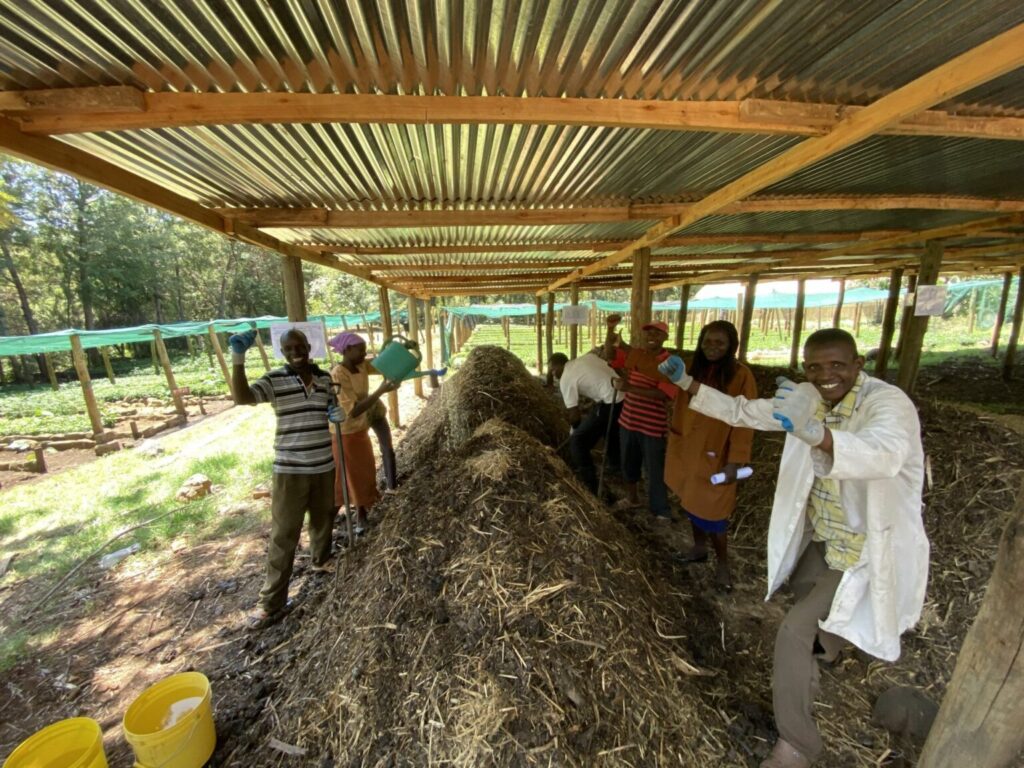
SANDER: “Yes—mainly pressure from chemical fertilizer suppliers. Some even gave away free bags of fertilizer to discourage farmers from switching. Because of this, three of the five initial cooperatives dropped out.
So, we changed tactics. We started working with a smaller cooperative that was fully on board and set up a demonstration farm to show biocompost’s benefits in real time. Once farmers saw the difference with their own eyes, they were convinced—and all five cooperatives eventually adopted biocompost.”
SANDER: “We track two key areas:
SANDER: “We upcycle organic waste that would otherwise go unused—things like coffee pulp, banana trees, and sugarcane leaves. These materials are collected and processed into high-quality biocompost. We’ve also developed a liquid fertilizer version, which can be sprayed directly onto coffee plants for better nutrient absorption. The result? Healthier soil, stronger plants, and higher coffee yields.”
SANDER: “It’s huge. This project allows us to source coffee with a lower carbon footprint than ever before. Plus, because we roast our coffee locally in Nairobi, we’re creating even more jobs while reducing the need to export unprocessed coffee. It’s a win-win for farmers, for Moyee, and for the planet.”
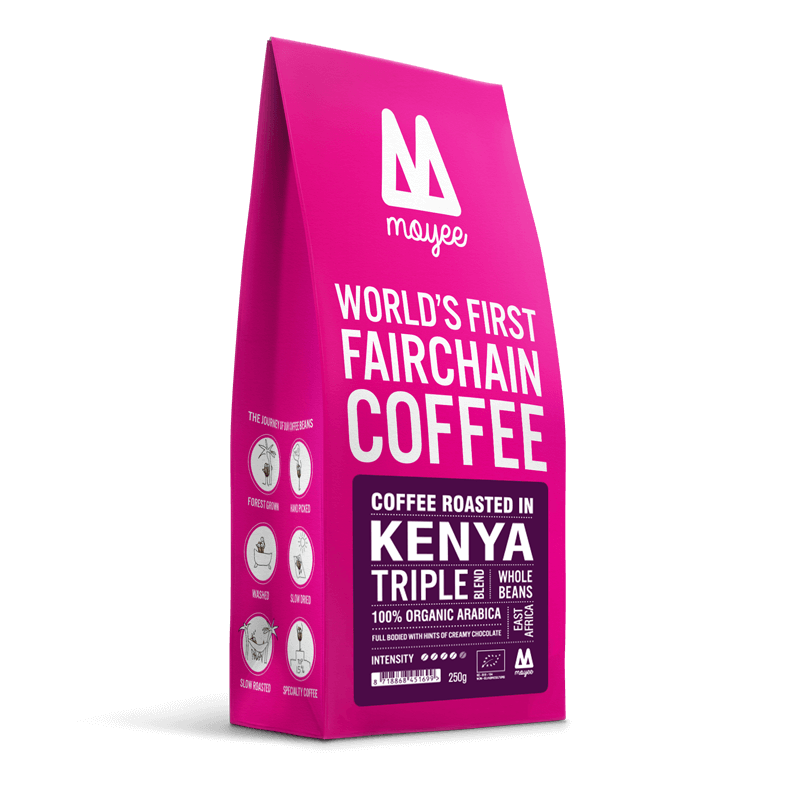
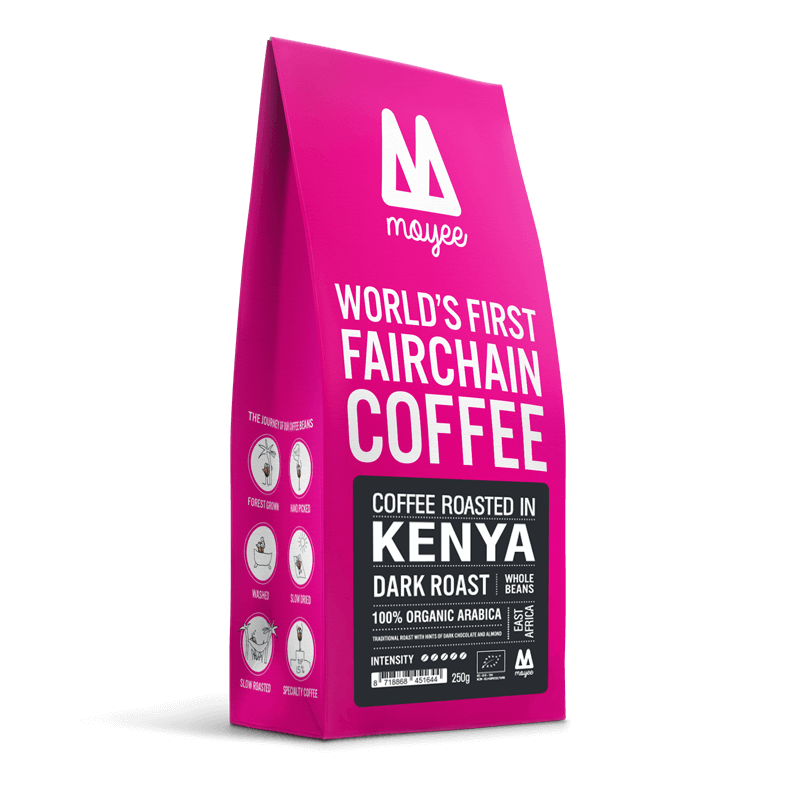

Abel Ketema, Digitalization and Data Manager at FairChain, provides an update on the latest coffee harvest, the progress of digitalization, and the future of coffee farming in Ethiopia.
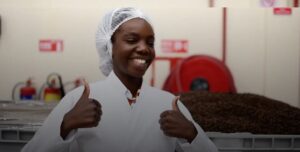
Tess gives us a New Year’s update from our roastery in Nairobi, Kenya. Think factory challenges, a new café and personal accomplishments!
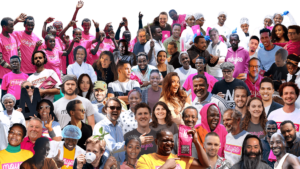
Wij hebben behoorlijk wat bereikt met z’n allen in 2024. Hier alle impact-feitjes op een rij. Bedankt he!
